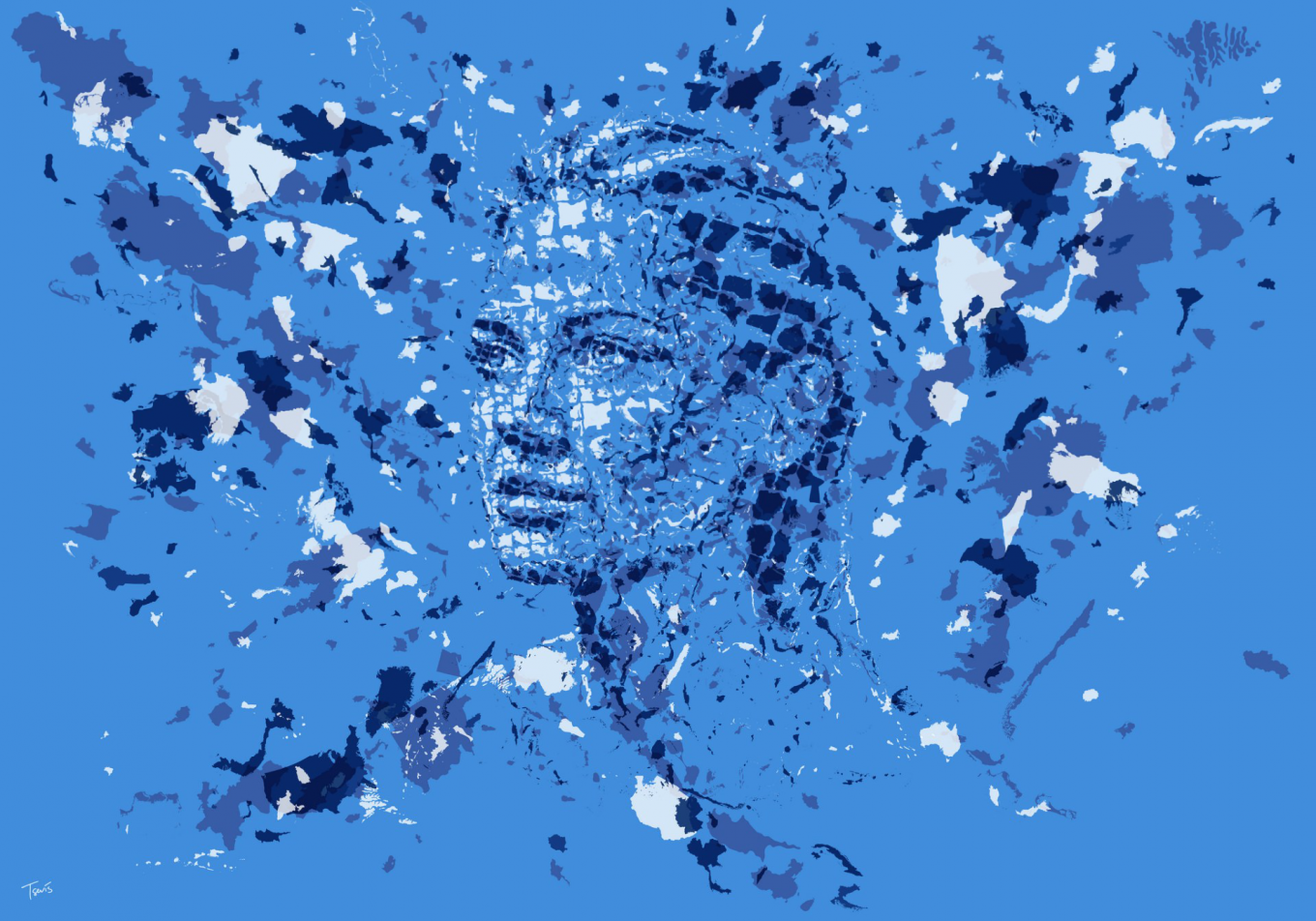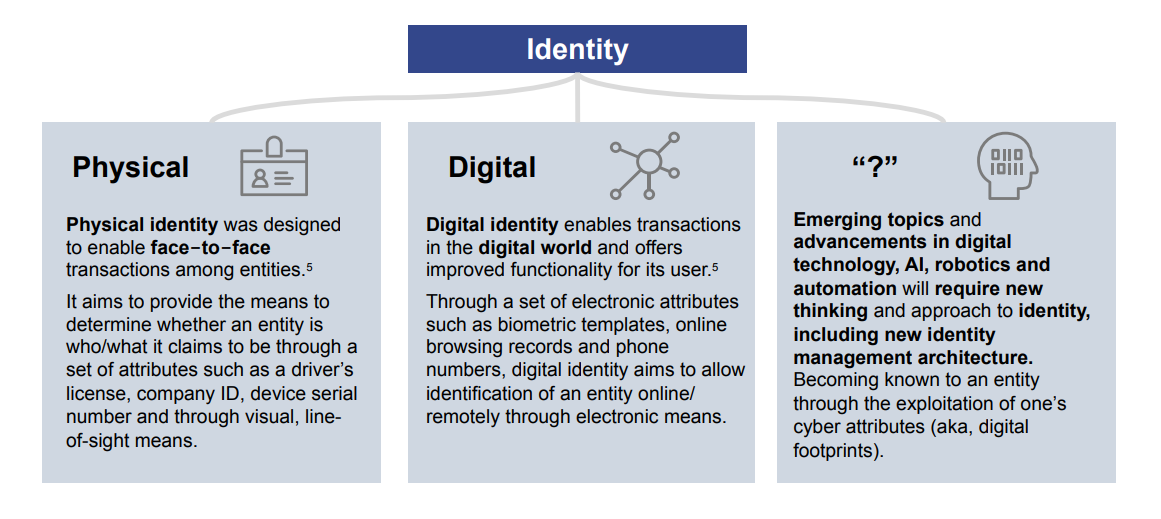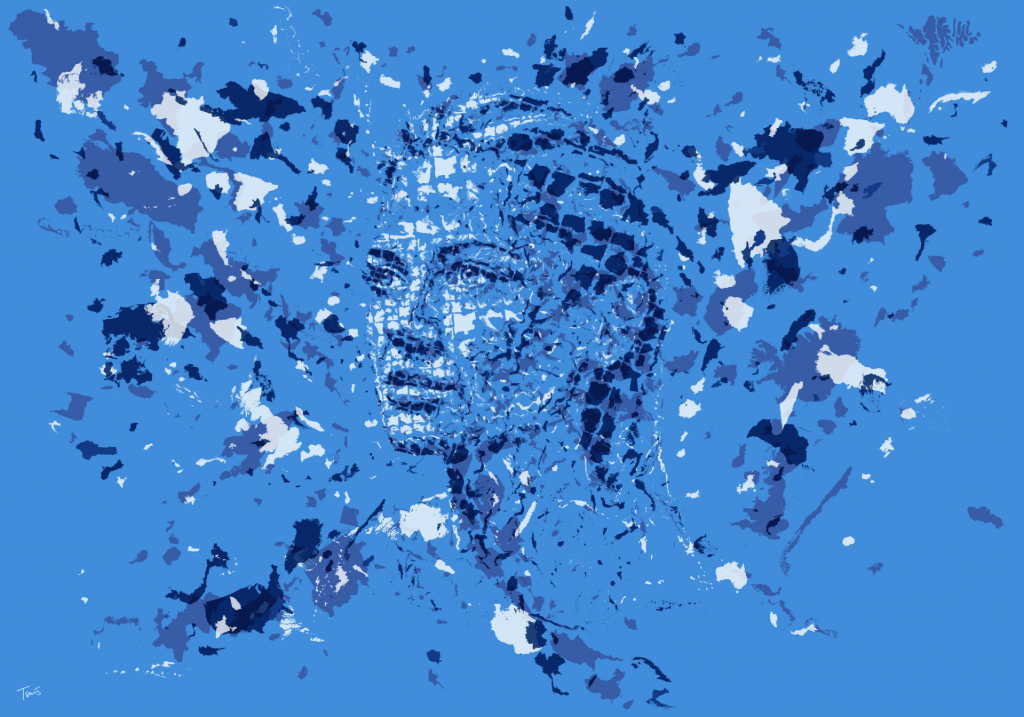
Recent scandals about personal data misuse have finally uncovered the concerns in the public sphere of how this private information is managed by giant companies particularly, and by data holders in general.
The issue is capital for the ongoing digital transformation as main tech companies are seemingly using personal identities as mere assets which to trade with. When clients or users are required to enter their real names, phones, and other types of recognition, they are in fact giving their identities with them. So the less that users can ask for is just a responsible and coherent use of their data, where privacy and exposure should be at the top of their concerns.
However, it is not my intention here to stand against data request when using an online platform. I understand that internet and their different platforms are made for and by real people. It is nonetheless a digital space where citizens interact and communicate to each other and, thus, those citizens must be recognize with a prove of their identities.
It is this concept, identity, what is on the table, and the importance of how it should be managed and protected on the digital.
The recent ‘Digital Identity On the Threshold of a Digital Identity Revolution’ white paper published by the World Economic Forum, goes deeper into this new ways of identity that we are all experiencing now inside the digital.
In this context, the concept of identity isn’t new at all – for much of human history, we have used evolving credentials, from beads and wax seals to passports, ID cards and birth certificates, to proof who we are. The issues associated with identity proofing – fraud, stolen credentials and social exclusion – have challenged individuals throughout history.
But, as the spheres in which we live and transact have grown, first geographically and now into the digital economy, the ways in which humans, devices and other entities interact are quickly evolving – and how we manage identity will have to change accordingly.
Identity proofing in the Digital
As we step into the Fourth Industrial Revolution, new means of identity proofing are needed. And along with our physical proof, we will need to manage and create digital identities, linked and non-transferable to ourselves, which will recognize us throughout the internet.
The pros are sustainable as through the digital we will be able to control our finances, buy-sell goods, interact with others or even create new ways of income and businesses. All those services will be done by us and we will be look after them as they are indeed part of our own development.
This digital identity offers the promise of greater efficiency, security and trust across industries and entities. From the provision of financial services to government issued identification, digital identity enables transactions for the movement of people, funds, goods, data and other resources.
But on the other hand, in the internet not only interact users among them, it also provides space where machines and all sort of devices connect to each other and interact.

The World Economic Forum white paper adds that “just as instances of digital identity are fragmented, there are a number of different definitions for digital identity across human, legal entities and devices and “things” depending on context and industry. It is likely that, in the near future, a broader definition for digital identity will be required to address identity for virtual entities, AI “bots”, robots and natural resources to enable a digital mechanism for identification and authentication to foster social and economic growth.”
Identification in the digital is then a major concern within all sort of industries as for every transaction there must be a proof of identity. Making them easier along with trustworthy is capital for the economic growth.
That is precisely the digital identity revolution the World Economic Forum explained in their white paper as “the process of identity verification touches almost every industry, making identity an essential element in every transaction and industry from people to supply chain.”
Here are few sectors where digital identity will have a transformative impact
The humanitarian sector
Within the humanitarian sector, the current refugee crisis and the unique needs of these displaced individuals highlight the limitations of – and potential for – digital identity. Along with those more than 65 million people there are men, women and children that lack the most basic services and rights: shelter, safety, food, etc. And yet, due to displacement, they are often unable to assert their identity, trustworthiness and right to services.
Perhaps because of the urgent and critical needs of crisis affected populations, the humanitarian sector has emerged as a leader and advocate of establishing digital identity. UNHCR’s work to empower refugees with a secure, portable digital identity fits within the broader agenda of the Sustainable Development Goals, and particularly with target 16.9 of the SDGs, which aims to “by 2030, provide legal identity for all, including birth registration.”
Financial services
As both public and private organizations become more digitalized, financial institutions have acquired a unique edge in the digital identity space that enables them to drive identity systems and act as identity providers to public and private-sector organizations.
And although financial services within the developed countries have achieved almost a near-complete coverage of user (people, legal entities and assets)n identity mechanisms and capabilities in the sector are still hampered by inefficiencies and costly manual processes (e.g. KYC). KYC is often conducted for the same entity multiple times as financial institutions are not designed to “trust” each other and their data. This repetition exists even within the same institution across different lines of business. Similarly, identity is not accepted and trusted across borders. This makes that existing customers often find it difficult to open a bank account with the same institution in another country.
Sustainable supply chain
If we are looking out the future, digitalized identities of users, assets, devices and goods are essential in a green economic development. Reaching out a trade capability of $1 trillion a year worldwide, and to improve the sustainability or “greening” of global supply chains requires traceability and transparency.
On one side, traceability is necessary to track hazardous products and materials, assign and allocate responsibilities, and monitor compliance with environmental and sustainability protocols. And on the other side, transparency is essential for achieving credibility, legitimacy, accurate risk management and fairness, and to avoid “green-washing” – misinformation provided by companies to appear more environmentally responsible than they really are – or moving polluting activities to developing countries.
These are just a few sectors where digital identity is representing a challenge for industries and companies within them, although necessary to achieve a smooth and sustainable economic future. To say more, the World Economic Forum highlights the following in its paper:
“Digital identity, especially combined with blockchain, can provide organizations with a means to manage their supply chain to achieve and demonstrate greater sustainability performance. This greater transparency can, in turn, help to change the way consumers are incentivized to use green goods and services. Together, this can ultimately provide the means by which we bring together humans and technology to shape and change the behaviours necessary to protect our environment.”

Hernaldo Turrillo is a writer and author specialised in innovation, AI, DLT, SMEs, trading, investing and new trends in technology and business. He has been working for ztudium group since 2017. He is the editor of openbusinesscouncil.org, tradersdna.com, hedgethink.com, and writes regularly for intelligenthq.com, socialmediacouncil.eu. Hernaldo was born in Spain and finally settled in London, United Kingdom, after a few years of personal growth. Hernaldo finished his Journalism bachelor degree in the University of Seville, Spain, and began working as reporter in the newspaper, Europa Sur, writing about Politics and Society. He also worked as community manager and marketing advisor in Los Barrios, Spain. Innovation, technology, politics and economy are his main interests, with special focus on new trends and ethical projects. He enjoys finding himself getting lost in words, explaining what he understands from the world and helping others. Besides a journalist, he is also a thinker and proactive in digital transformation strategies. Knowledge and ideas have no limits.












